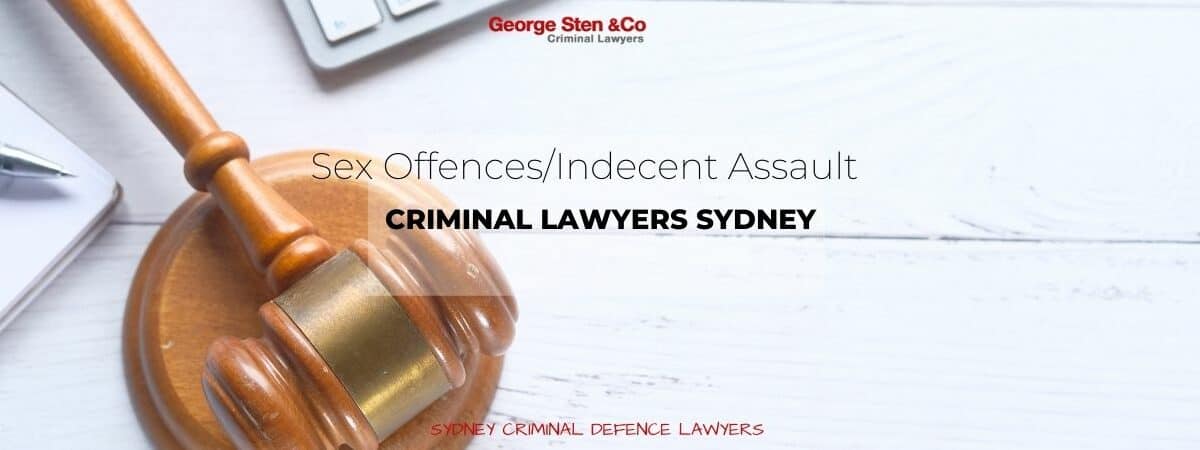- Highest Quality Legal Defence
- 0412 423 569
- 24 hr service
- (02) 9261 8640 緊急案件!Urgent Call
- Make Booking
Historic Sex Offence Lawyers

Historic Sex Offence Lawyers Sydney
Historic Sex Offence Lawyers “Complex matters require expert representation”
Serious Historical and Sexual Offences
In 2013 Rolf Harris was arrested by police in relation to allegations of historic sex offences. An historic offence refers to an offence committed for which the relevant statutory provision has since been amended or repealed.
The charges against Harris included indecent assault dating back to the 1980s, making indecent images of children and other sexual assault charges dating back to the 1960s. Whilst the charges of making indecent images of children were not pursued by the prosecution, the fact Harris had not actually created the images but downloaded them was not a bar to prosecution. Case law provides that to download or print within the jurisdiction is the same as creating new material: see R v Bowden [2000] 2 All ER 418. Harris was found guilty on 12 counts of sexual assault and sentenced to 5 years and 9 months in prison of which he served 3 years.
In June this year Cardinal George Pell was ordered to appear in the Melbourne Magistrates Court to face charges relating to historic sex offences alleged to have occurred in Ballarat during the 1970s to a number of complainants. At least 50 witnesses will be called to give evidence in March 2018, with the cardinal’s barrister Robert Richter QC successfully persuading Magistrate Belinda Wallington to disallow 5 witnesses.
Generally, the difference between an historical offence and a standard offence is that the act alleged to have been committed is now criminalized under a new, amended or different provision to that which existed at the time the act was alleged to have been committed.
Since the criminalisation of acts relating to sexual offences across Australian jurisdictions there have been dozens of enactments and amendments to statutes and the respective provisions to address the range of wrongful sexual acts.
Due to the fact such offences have seen an extensive amount of legislative amendment over time, determining the offence an accused person may be charged with depends upon when an act is alleged to have been committed. Penalties for committing a sexual offence may provide for up to 25 years or life in prison.
The fact that an act was illegal under a statutory provision which has since been repealed or amended does not necessarily exonerate an individual or prevent the possibility of prosecution. Whilst limitation periods exist for summary offences in New South Wales, that is, an offence dealt with in a local court by a magistrate with a maximum penalty of 2 years imprisonment, there is no limitation period for serious historical crimes.
Serious historical crimes are not subject to a limitation period as it is frequently the case that due to the nature of such an offence, many years may pass before a complaint is made.
Generally, once 6 months has passed since a summary offence is alleged to have been committed, the police can no longer bring charges against an accused person. This does not apply to indictable offences which are offences dealt with in the District Court and for which a penalty of more than 2 years of imprisonment is applicable. There are some exceptions to these rules.
This means that if a complaint involving a serious crime is made against a person even decades after the relevant act is alleged to have been committed, the police may still bring charges against and prosecute an accused person.
To ensure a person who is accused of historical sex offences or sex offences generally has their best interests protected, expert legal representation is essential.
The task of defending a serious or indictable offence is of itself in most cases a complex and difficult feat. In defending such an offence an accused person needs to properly test the evidence relied on by the prosecution in order to establish whether, based on the admissible evidence, the offence charged may be proved beyond a reasonable doubt or not.
This involves ensuring that the evidence the prosecution seeks to admit is actually admissible according to the rules of evidence. It is in the accused person’s best interests to ensure that only evidence which is admissible is actually admitted. In the situation where inadmissible evidence is admitted, there is a real chance of an unjust conviction or miscarriage of justice. Such cases are not unheard of.
Where a person is charged with an historical sex offence, the task of defending that person becomes even more complex and difficult due to the fact that person must be judged according to the law and applicable rules that existed at the time the offence was alleged to have been committed. This involves examining the law including the elements of the offence itself as well as relevant cases, judgments and applicable rules from the time the offence was alleged to have been committed. It is therefore imperative to the interests of an accused person that an expert is able to defend and represent that person.
For further information, please contact us on (02) 9261 8640 or email at [email protected]. We are conveniently located within a short walk of the Downing Centre Local Court.


